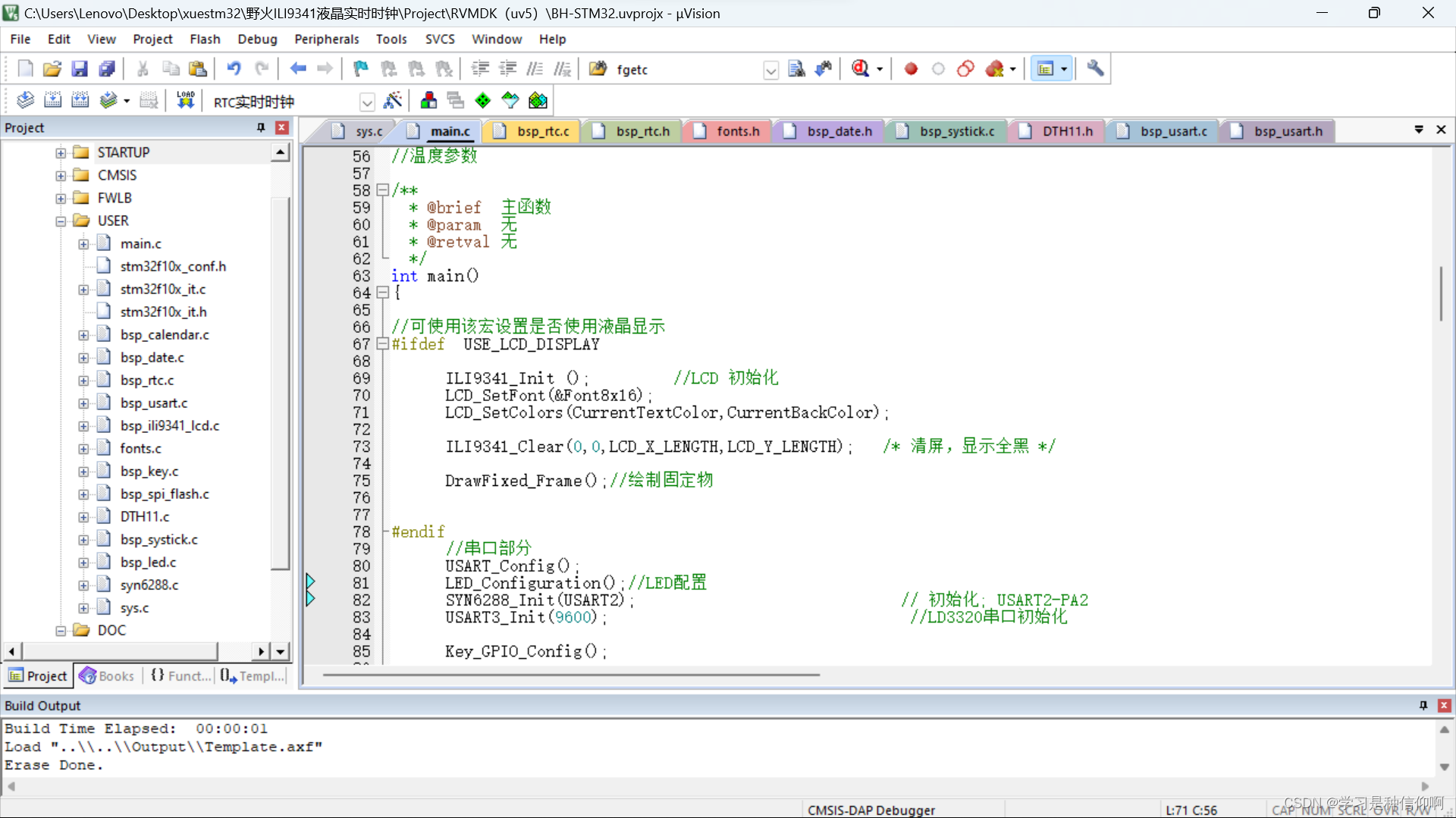protal认证的稳定性测试脚本
首先配置好环境,在控制台上进行设置:(1)设置保护区范围;(2)设置入网范围的ip,使其访问保护区时需要做相关认证;(3)设置例外管理,例外之内的机器无须做认证,直接到相关登录界面即可;(4)旁路开关打开,并打开网络接口和相应的端口(8080)同时也需要对网络适配器上的网络端口进行对应的配置#!/usr/bin/python#coding:utf-8import os, sysi
·
首先配置好环境,在控制台上进行设置:(1)设置保护区范围;(2)设置入网范围的ip,使其访问保护区时需要做相关认证;(3)设置例外管理,例外之内的机器无须做认证,直接到相关登录界面即可;(4)旁路开关打开,并打开网络接口和相应的端口(8080)
同时也需要对网络适配器上的网络端口进行对应的配置
需要相关技术:
伪装ip地址;
多线程运行;
打印debug日志
#!/usr/bin/python
#coding:utf-8
import os, sys
import re
import httplib
import time, threading
import urllib2, random
fail_num = 0
fail_num_1 = 0
thread_num = 0
#filepath = 'C:\Users\zgc\Desktop\result.txt'
import logging
def initLogConf():
LOG_FILE = "debug.log"
logging.basicConfig(filename=LOG_FILE,level=logging.DEBUG)
def test_authentication():
'''
伪造ip地址,测试是否出现认证界面
'''
global fail_num
a = random.randint(1,255)
b = random.randint(0,255)
c = random.randint(0,255)
d = random.randint(0,255)
ipAddress = "%d.%d.%d.%d" % (a,b,c,d)
#ipAddress = "76.27.131.228"
#a = 172
#print ipAddress
headers={"X-Forwarded-For":ipAddress,"User-Agent":"Mozilla/5.0 (Macintosh; Intel Mac OS X 10.8; rv:21.0) Gecko/20100101 Firefox/21.0"}
conn = httplib.HTTPConnection("172.27.131.216:8080")
conn.request("HEAD","/","",headers)
time.sleep(5)
res = conn.getresponse()
#print res.getheaders()
#print res.status,res.reason
'''
if a < 172:
print res.getheaders()
result = res.getheaders()
req = urllib2.Request("http://172.27.131.216:8080%s" %(result[5][1]))
print result[5][1]
response = urllib2.urlopen(req)
html = response.read().decode('utf-8')
xre = r'(<title>)(.+)(</title>)'
auth = re.search(xre, html).group(2)
print auth
auth_word = u"360新天擎"
if auth != auth_word:
fail_num_1 += 1
else:
continue
response.close()
else:
'''
conn.close()
result = res.getheaders()
#print result
if result[2][1] != "http://172.27.131.156:8080/nac/register/login?url=172.27.131.216:8080":
fail_num += 1
else:
print result[2][1]
req = urllib2.Request(result[2][1])
response = urllib2.urlopen(req)
html = response.read().decode('utf-8')
xre = r'(<title>)(.+)(</title>)'
auth = re.search(xre, html).group(2)
#print auth
auth_word = u"企业安全准入控制系统"
#重定向不是预期效果
if auth != auth_word:
fail_num += 1
response.close()
def multi_threading(thread_num):
thread_list = list();
#thread_num = 100
thread_num = random.randint(1,100)
for i in range(0, thread_num):
j = random.randint(1,10000)
thread_name = "thread_%s" %j
thread_list.append(threading.Thread(target = test_authentication, name = thread_name))
for thread in thread_list:
thread.start()
for thread in thread_list:
thread.join()
def run(interval):
while True:
try:
time_remaining = interval-time.time()%interval
time.sleep(time_remaining)
multi_threading(thread_num)
logging.info("[%s] fail_num: %d\n"%((time.strftime("%Y-%m-%d %H:%M:%S", time.localtime())), fail_num))
except Exception, e:
print e
if __name__=="__main__":
initLogConf()
#间隔时间
interval = 30
#test_authentication()
run(interval)
#multi_threading(thread_num)
#打印出总的失败次数
#print fail_num更多推荐
 已为社区贡献3条内容
已为社区贡献3条内容








所有评论(0)